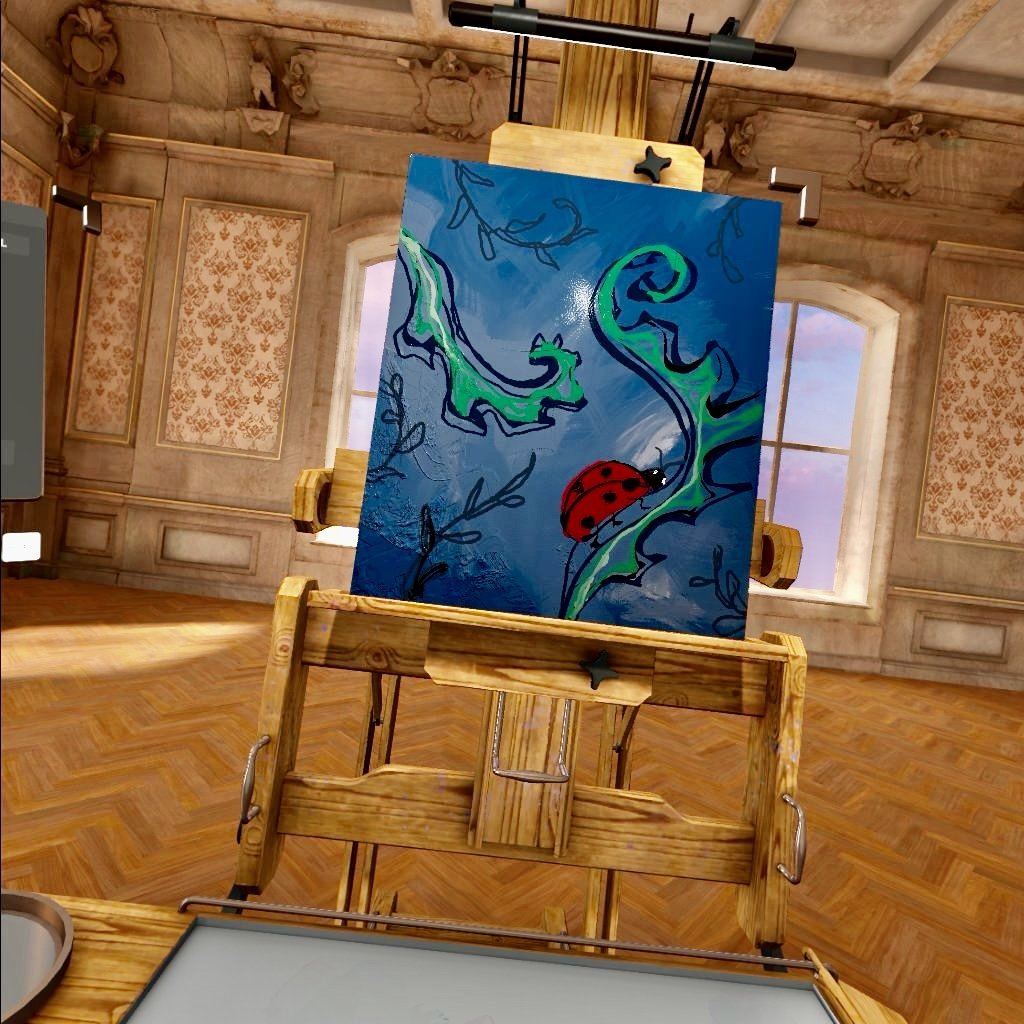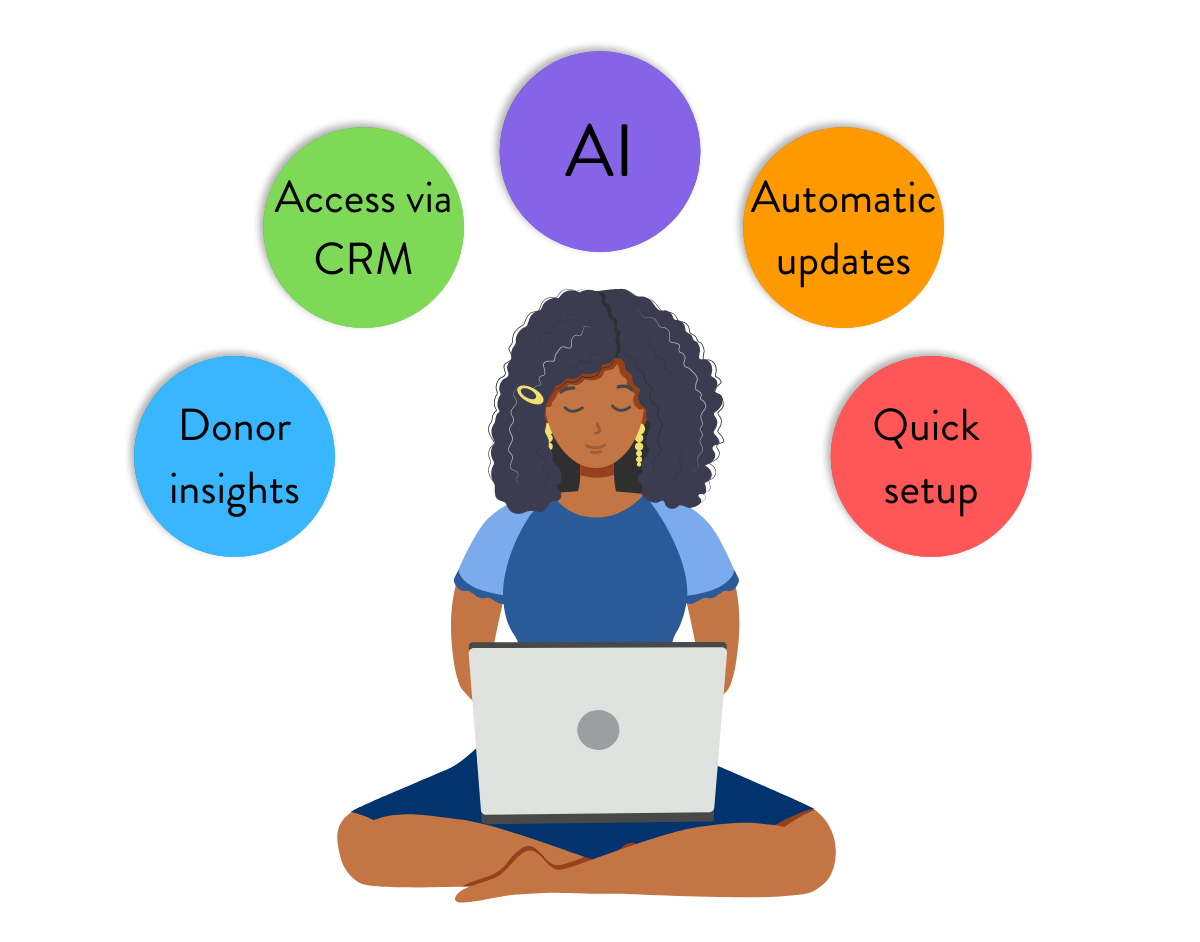Getty Images has become the newest company to join the AI Image Generator bandwagon, creating their own that is trained using NVIDIA's Picasso. NVIDIA is a machine learning model that was created with the intention of using solely images that are property of Getty Images, which makes this Image Generator unique from the rest. This review compares the other competitors for generative AI with Getty’s new tool.
What Can We Expect From Non-Player Characters (NPCs) in Gaming?
Traditionally, games’ non-player characters (NPCs) were essentially scripted entities characterized by predetermined actions and restricted interaction capabilities. Nevertheless, the evolution of artificial intelligence (AI) technology has injected vitality into these characters, rendering them significantly more dynamic and convincing in their behavior.
Nightshade: A defensive tool for artists against AI Art Generators
Computer science professor at the University of Chicago, Ben Zhao, created Nightshade, a tool to help defend artists from copyright infringement from GenAI companies that are scanninging their existing artwork. Clever in name, the tool has been purposely named Nightshade for its poisonous origins, a plant that was historically used to poison kings and emperors. Zhao’s digital Nightshade offers a future for artists to reclaim the ownership of their work from the artificial intelligence programs who use them.
Can AI Write a Screenplay? A Review of 3 Programs
An Experiment in Generative AI: Craiyon (Formerly Dall-e Mini)
Dall-e mini, recently renamed Craiyon due to its resemblance to the unrelated Dall-e created by OpenAI, became an internet phenomenon in recent months for its image generation. For those unaware of the technology, users can type a hyper-specific prompt into the image generator, and the AI generates something similar to the image terms.
Fundraising Smarter: Dataro Review
Dataro is the “GiveTech” startup’s propensity modeling software that uses machine learning technology to generate predictions about how donors are likely to behave. Dataro’s AI software aims to maximize income and minimize wasted costs, as well as transform the way that fundraisers stay alert and relevant to how donors are engaging with their organizations. I see Dataro as a revolutionary force in nonprofit fundraising. The technology, if truly effective with the right organization’s data, harnesses the potential to shape how we prioritize our time with donors.
Creative Writers Options with AI: Inferkit vs Sudowrite
Writing is often understood as a form of art that comes directly from soul to page, an intimate reveal of human emotion.This core concept of writing is complicated with the development of AI trained to write and write creatively. It is, of course, “thinking” about the act of writing while writing, and doesn’t really have the capacity to think about what it is writing in Flusser’s sense.
AI writing models present a challenge to our notions of writing, but they may also be an overlooked tool to writers themselves. What do they mean for writers and the craft in the future? Could an AI bot write a New York Times Bestseller? This review explains the process and technologies behind AI writing and compares two low cost programs.
“The Creativity Code” : Is AI taking Over Creative Industries?
Marcus du Sautoy, a British mathematician, wrote The Creativity Code, a thought-provoking book that examines the nature of artificial intelligence in the creative industries. The Creativity Code explores AI in art, mathematics, gaming, music, and writing. One question persists throughout: “Can AI complete creative tasks better than humans?”
Amadeus Code: Brave New World of A.I. Music Generation
Japanese startup Amadeus Code, an “artificial intelligence-powered songwriting assistant,” is the latest app that is riding the wave of A.I. art-generation. The algorithm scans a diverse database of popular music from the past 500 centuries (in theory - the earliest song this reviewer discovered was Schubert’s “Ave Maria” from 1825) and allows the user to specify the note range and length, drama, familiarity, and era. The app then creates a unique instrumental harmony based on these specifications, drawing inspiration from songs that have similar characteristics.













